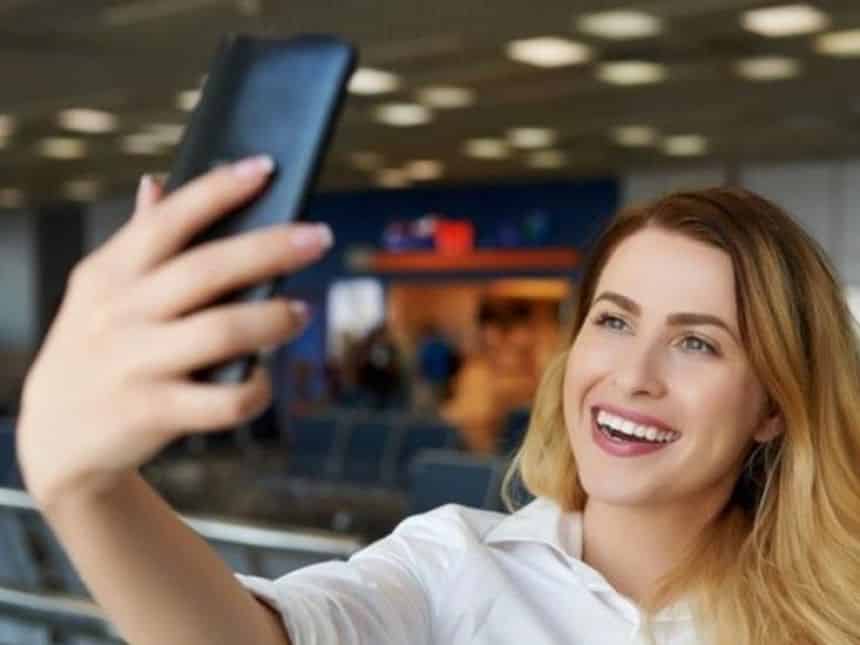RIO DE JANEIRO, BRAZIL – Brazilian airports will soon be able to test a new boarding experience: passengers’ identity will be checked by facial recognition, without the need to check documents. The project, which had been under development for years, gained greater relevance amid the health crisis triggered by the coronavirus. As of September, the innovation will be tested in a pilot project at the Florianópolis airport.

The program is designed by the Ministry of Infrastructure, through the National Secretariat of Civil Aviation (SAC), in partnership with Serpro, a federal data processing company. The goal is to enable passengers to complete the entire boarding process with no document, using only facial recognition, said the National Secretary of Civil Aviation, Ronei Glanzmann.
If the pilot project is successful, the technology is expected to start being used at more airports by early 2022. In addition to the Florianópolis terminal, there are also talks with the Brasília, Salvador, and Galeão airport concessionaires to implement the technology.
Today, airport checks are conducted in two stages. One, where passengers enter the security area, validate their boarding pass, and then pass through x-ray machines. The other is at the time of boarding the aircraft, in which the airline’s attendant checks the ticket and an identity document.
In the future, when boarding by ‘selfie’ is fully operational, these two stages would be completed by facial biometrics machines. The system will cross-check the machine’s biometric recognition with the customer’s selfie at check-in – which could be done at home, via mobile phone, for instance.
Experts and the government acknowledge that with the pandemic and the insecurities brought on by the disease, the aviation industry will need to provide new experiences to restore passenger confidence. The sector is one of the most severely impacted by the novel coronavirus crisis.
Identity check by facial recognition will be enabled by a program developed by Serpro that uses federal agencies’ databases. The technology is now prepared to compare the passenger’s selfie taken and facial biometrics with any document containing a photo previously issued by the federal government. In the future, the goal is to also access the records of documents issued by the states.
In its testing stage, technicians should only use the citizen’s driver’s license photo for validation. Consequently, those who wish to take part will need to be of legal age and qualified as motor vehicle drivers.
Partnership
As the airlines will be required to adjust their systems for biometric boarding, the government is negotiating a partnership with LATAM. “We will begin the work by also conducting biographical comparisons, data, and not only the face,” said Fernando Paiva, business consultant for Ground and Air Transport Management Solutions at Serpro. In the pilot project, a daily flight from each airport will serve to test a number of issues when boarding with a ‘selfie’: boarding speed, security level, and bottlenecks to be corrected.
Source: O Estado de S. Paulo

